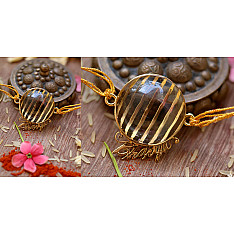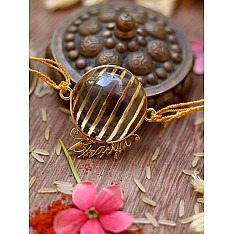- Availability: 2
- Made & Mkt by: Aadikara
- Product Code: 0502-ADR-02
- Weight: 100.00g
- Dimensions: 34.00cm x 1.00cm x 2.50cm
The typical dispatch time is 2-3 days; however, in special cases, it may take longer. Please refer to the product details section for specific timelines. Once dispatched, we will share the tracking details with you.
For returns, you can file a request within 24 hours of receiving the product. If the package is damaged, please make a video while unboxing and share images of the damaged item along with your return request.
9328006304 ( WhatsApp )
Firozabad is situated in the west of Uttar Pradesh. This industrial town of Uttar Pradesh, very popularly called the ‘Glass City of India’ is a renowned name in the business. Firozabad was initially known as Chandwarnagar. The town however derived its name after it was given as an estate to Firoz Shah who happened to be a general in Akbar’s court. During this period, many glass articles were brought to this region. A few when rejected were melted and moulded in local furnaces. And that marked the beginning of glass industry in Firozabad. The industry here received patronage during the Mughal era and the town developed into a glass-making centre, manufacturing lamps, chandeliers, trinkets for the royal courts. Since then it remains to be the fabric of the lifestyle of people in and around here. So much that, Firozabad is known as the mecca of ‘all things glass’ and it flaunts its craftsmanship from fancy bangles and wine glasses to pretty flower vases, all size candle stands, princely chandeliers and cut glass table lamps. Bangle crafting and glass works have been its economic lifeline for the last 700 years.
Presence of glass is documented in India since 2000 B.C by archaeological excavations. Literary evidence of Glass Kanch or Kaca (Sanskrit) can be found in the ancient texts going back to 1200 B.C. Ancient Indian glass-makers had adequate expertise in the fabrication of beads, bangles and a few other types. Since the 15th century, Firozabad has been the home of glass industry, white and colored Glass pieces were being manufactured for the purpose of assembling, jhad and fanus (chandeliers) which were in demand by royal courts and palaces.
The process involves following raw material & tools Soda lime and Borosilicate glass pipes – solid or hollow, Various dyes and tools for shaping, cutting, designing, measurement tools like Vernier caliper,Annealing tools and equipments, torch and a small setup of a working Table&LPG gas cylinder.

Borosilicate glass is a type of glass with silica and boron trioxide as the main glass-forming constituents. It is known for having very low coefficients of thermal expansion, making them resistant to thermal shock, more so than any other common glass. Borosilicate glass has a wide variety of uses ranging from cookware to lab equipment, as well as artists create a range of products such as jewelry, kitchenware, sculpture, as well as for artistic glass smoking pipes. Borosilicate glass is available in the market in the form of rods , tubes and sometimes as chunks of glass.

In Flame work a glass-flamer uses a torch or bench burner to heat glass. Flame work involves much smaller volume of heat and a smaller quantity of glass. Glass-flamers can selectively heat different parts of a piece& they are capable of doing far more intricate and detailed work.

Working with borosilicate glass, glass-flamers are able to make various complex designs, and much larger pieces than was ever possible with lead or soda lime glass. A skilled glass-flamer can work a single piece of borosilicate glass all day with little risk of shattering as long as he keeps it hot. Pieces are constructed of two or three or more pre-made parts and then assembled cold before annealing are also possible. Another tremendous advantage of using borosilicate glass is the facilitation of repairs made to damaged pieces. Flamework helps to make both solid and hollow forms. They are lighter in weight and one can make larger forms and shapes & also it gives many possibilities for form explorations.

Inspired from the intricate details of world around us; Aadikara is an attempt to translate the nuances of nature and life, into one of a kind glass jewelry. Made in collaboration with the artisans of Firozabad, Aadikara uses the age old Flame Work technique to delicately mould glass, into flamboyant works of design. These designs, added with metal finishes from artisans of Singur, West Bengal and Ahmadabad, Gujarat give each jewelry, a distinct character and identity.

Each jewelry is hand crafted with love and acute attention to detailing which makes it unique, leaving no two designs, alike.
Aadikara, is a range of jewelry, which through design and artistry, celebrates the transparency, beauty, delicacy and fragility of the otherwise omnipresent yet hardly noticeable material of glass.
| Craftsmen | |
| Made by | Craftsmen working with Aadikara. |
| Village | Firozabad |
| Details | |
| Product details | For the love of craft, design and our culture . And for the love of all your bhaiyas. |
| Material | |
| Made of | Borosilicate glass, Brass, Thread |
| Instruction | |
| Note | - As each piece in this category is handmade and unique, expect some variation from shown design. |
| Care | Avoid dropping it on hard surfaces, do not bend the metal part of the jewelry. |





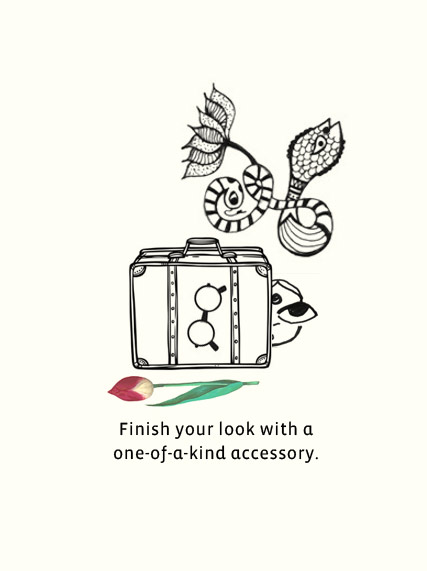


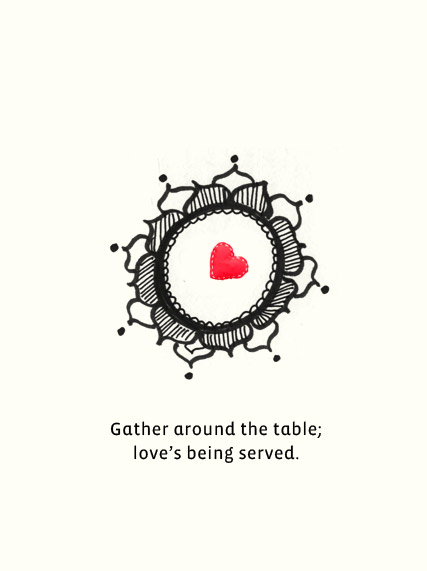

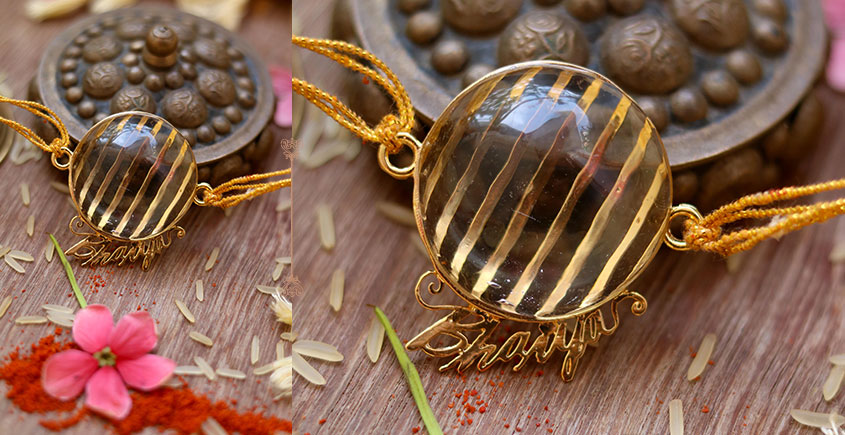
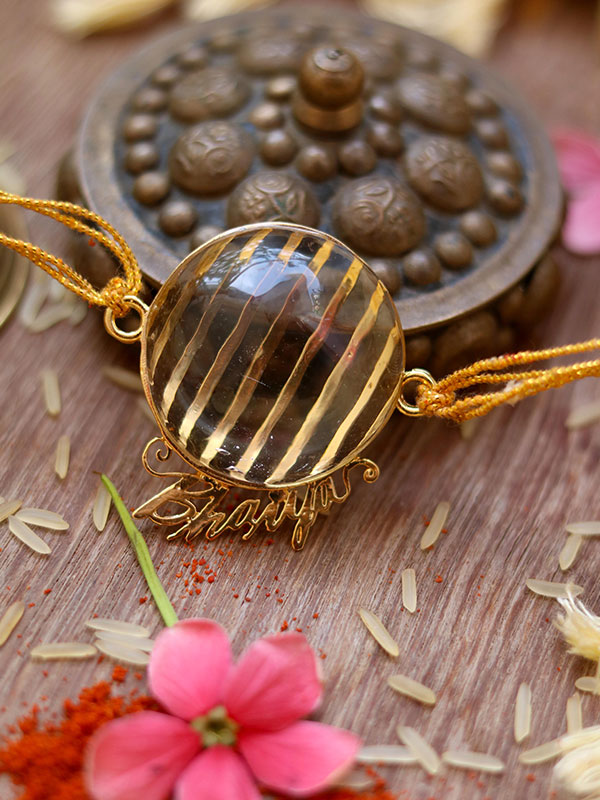
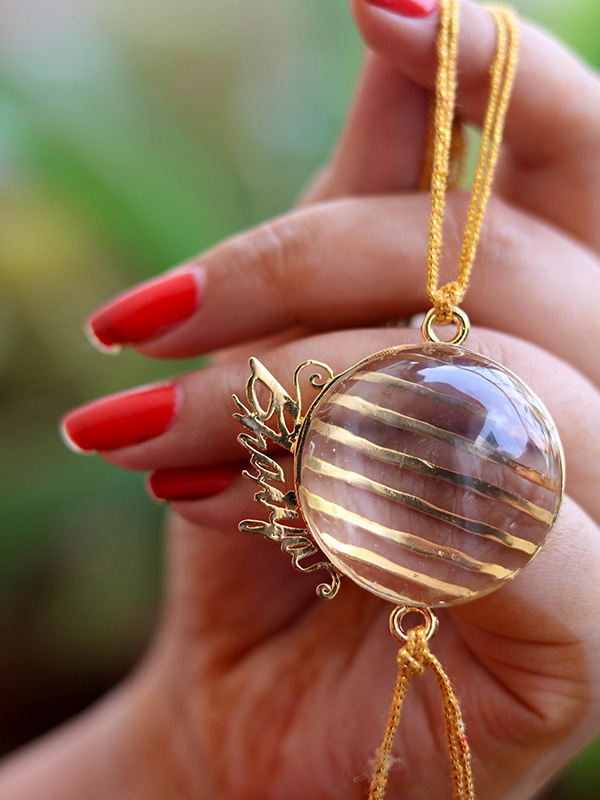




-225x150w.jpg)
-225x150w.jpg)
-225x150w.jpg)
-225x150w.jpg)
-225x150w.jpg)
-225x150w.jpg)
-225x150w.jpg)
-225x150w.jpg)
-225x150w.jpg)
-225x150w.jpg)
-225x150w.jpg)
-225x150w.jpg)
-225x150w.jpg)
-225x150w.jpg)
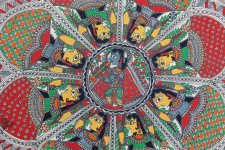
-225x150w.jpg)
-225x150w.jpg)
-225x150w.jpg)
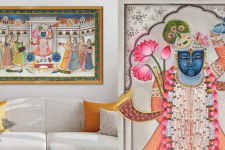
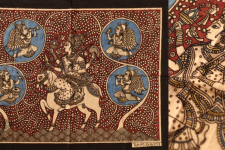
-225x150.jpg)

-225x150.jpg)
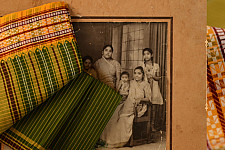
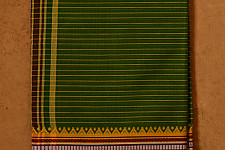
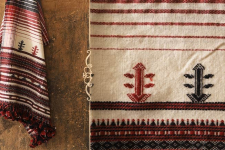
-225x150.jpg)
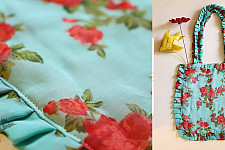
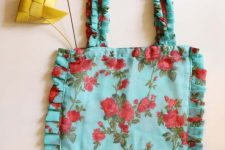
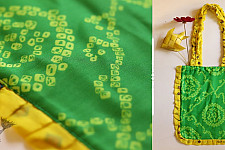
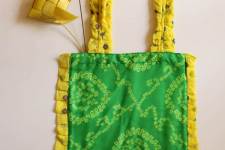
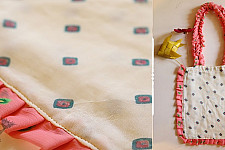
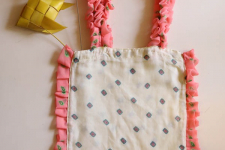
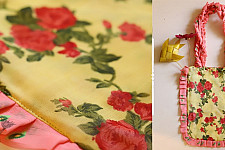
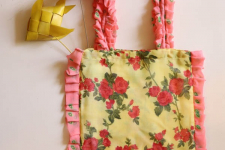
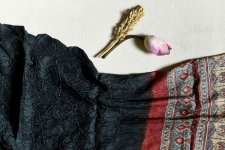
-225x150w.jpg)
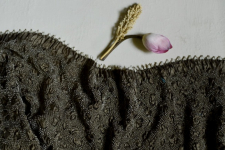
-225x150w.jpg)
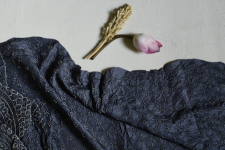
-225x150w.jpg)
